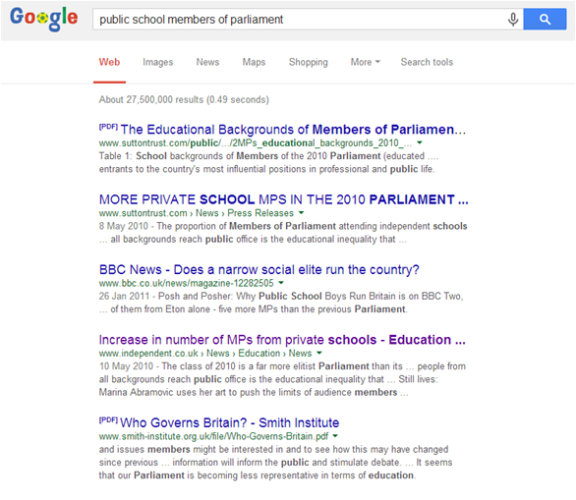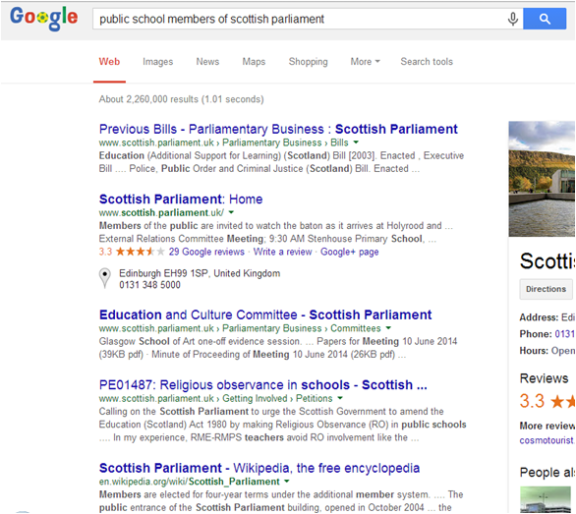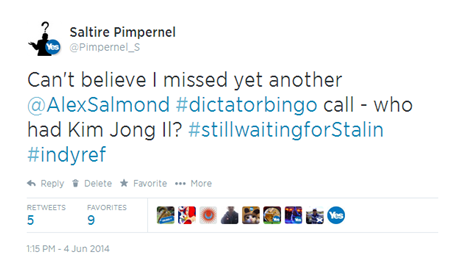Boy, don’t I wish I had more than two half days a week to sit down and write! This one has been a veritable cornucopia of commentary-worthy activity in the referendum debate; and not particularly great for Yes as far as I can tell. Firstly, we have the apology from Alex Salmond’s adviser to Claire Lally, a pro-independence campaigner and “ordinary mum” who also happens to be a member of Scottish Labour’s shadow cabinet. Then we have the conspicuously absent apology from Alastair Daring for his “blood and soil” comments – the intent of which has been made pretty clear in the interview recording that Newsnet Scotland managed to get hold of. (Looks like my assumptions of ignorance & confusion may have been a bit generous last week).
And, of course, we had yesterday’s whopping £1m donation to Better Together, and thoughtful, eloquent (albeit ill-educated, in my opinion) statement on her fears for an Independent Scotland, from author JK Rowling. This sparked disappointment in general through the online Yes community, and outbreaks of deplorable misogynistic fury within the really unpleasant and unhappily vocal Yes minority; which, of course, were pounced on instantly by the pro-Union Twitteratti and paraded through the mainstream media. The same were doubtless thrilled with the opportunity to discredit Yes voters after the (relatively) light-hearted #Legogate and #Inaudiblemumblegate tomfoolery last week.
However, my story this week concerns none of the above. The most important story this week, for me, was a thought-provoking piece from The Guardian on boarding school survivors.
In a nutshell, this article explored the concept of “privileged abandonment”, an experience foisted on the hundreds of young boys who are sent off to elite boarding schools to be moulded into the leaders of tomorrow’s Britain. So compelling did I find the information, and the 1994 documentary on the subject, that I was driven to buy an electronic version of “Wounded Leaders: the Psychohistory of British Elitism and the Entitlement Illusion”, which I started reading last night.
As parent to three small boys, I couldn’t help but feel appalled at the plight of Britain’s young boarders. I’m only a few chapters in to the book, but I have already read about the psychological triggers behind David Cameron’s “calm down, dear” outburst in 2011, directed in a thoroughly patronising manner towards a female MP of the opposition. It would be pointless of me to deny that such flagrantly misogynistic bullying gives all my feminist buttons a thorough pressing, but now I have been given pause for thought, and a possible root cause. A root cause that makes me all the more convinced that Yes is the only positive decision Scotland can make in September.
Wounded Leaders argues that the effective abandonment of privileged young boys to boarding school institutions, causes them to develop, out of self-preservation, a “strategic survival” personality type, over-reliant on rationalism, and with no room for empathy or close relationships. To cope with the sudden loss of their (presumably) loving parents, these poor boys shut themselves off from human affection, become institutionalised, and spend the rest of their lives paying for their fast-track to privileged elite status and political power. Rejection by their mothers results in a disconnection from women, painfully visible in the dearth of females in Westminster.
This sudden reframing of my loathed-for-years white male Conservative establishment, and the identification of the trauma behind what I see as their frank awfulness, breaks my heart. As deplorable as I find their elitism, their disregard for the plight of those damaged by their government of our country; as much as I cringe to hear their out-of-touch, patronising attempts to engage the not-so-elite members of society (Beer & Bingo, anyone?), now I have a heavy feeling in the pit of my stomach that I just can’t shake.
These men were boys of eight or nine years old. Their parents drove them to great, creaking piles of privilege in the guise of schools, and left them there to cry themselves to sleep until they “settled in”. And by “settling in” – according to author Nick Duffell – we mean “shutting down”. Shutting down from love, from empathy and from affection – because if your parents can withdraw these from you, then what possible hope can you have of finding them anywhere else?
But what does this all mean for our #IndyRef debate?
Everything. It means everything.
Look at the physical presence of the Scottish Parliament in Holyrood. Can’t you see the different culture at work, in the very fabric of the building? Our debate chamber is round, neutrally-coloured, light, airy and spacious. The House of Commons, in stark contrast, perpetuates the combative culture of British politics, with unambiguous “us and them” incumbent and opposition benches. The chamber is closed, no natural light enters – the benches are made of dark wood, and almost resemble pews. If I were to go all JK Rowling on you, I’d call it a Chamber of Secrets (sorry). This is a space to facilitate conflict, not cooperation; left unchanged for centuries by the damaged boys it was designed to hold.
Conservatism been linked with lower intelligence levels and prejudice in research that asks: “Why might less intelligent people be drawn to conservative ideologies? Because such ideologies feature “structure and order” that make it easier to comprehend a complicated world.”
Structure and order sound to me like pretty much what one might expect from a boarding school education; I would argue that any gravitation towards Conservatism in ex-boarders is likely yet another symptom of the “shutdown” coping mechanism described by Mr Duffell. The point of this is probably not anything to do with academic intelligence, but the all-important emotional intelligence that never gets a chance to fully develop.
So how can we walk away from perpetuating the cycle of abandonment – privilege – leadership that seems to define Britain’s politics? Well, voting Yes might not be a bad start (bear with me, please…)
To change reward-based behaviour (I will do such-and-such, to receive such-and-such), remove or change the rewards. Westminster is increasingly filled with private school pupils. Holyrood doesn’t seem to be – or at least I can find very little information on the subject online (compare the two Google searches below, where public school MSPs aren’t even a blip on the radar):
If we vote Yes, we are voting to remove Scotland from the hands of Mr Duffell’s “Wounded Leaders” who have little or no chance of being able to understand the plight of ordinary people under their regime of austerity. Voting Yes will also massively destabilise the remaining establishment in Westminster, removing a huge chunk of the “reward” for the grooming of young children for positions of power, by way of the elite boarding school institutions.
As a British citizen and parent, I find the thought of leaving our country in the hands of “the boys in the men who run things” simultaneously terrifying and heartbreaking.
As a Scottish Yes voter, I see yet another opportunity for the profound betterment of our country and the rest of the UK, in the rejection of an establishment that forms its roots in the cruel abandonment of young children.
Some thoughts for today:
- I have a few friends (mostly female) who went through the boarding school system and came out the other side as thoroughly decent human beings. I still believe it was cruel to send them away so young.
- Top of my list of priorities as the imaginary First Minister of an Independent Scotland, would be to seek a bill to change all Scottish boarding schools into day schools.
- The next time you feel angry with [insert random, objectionable Tory], think of a wee boy, alone and crying for his Mum.
- I’ve never felt so much like giving George Osborne a cuddle.








